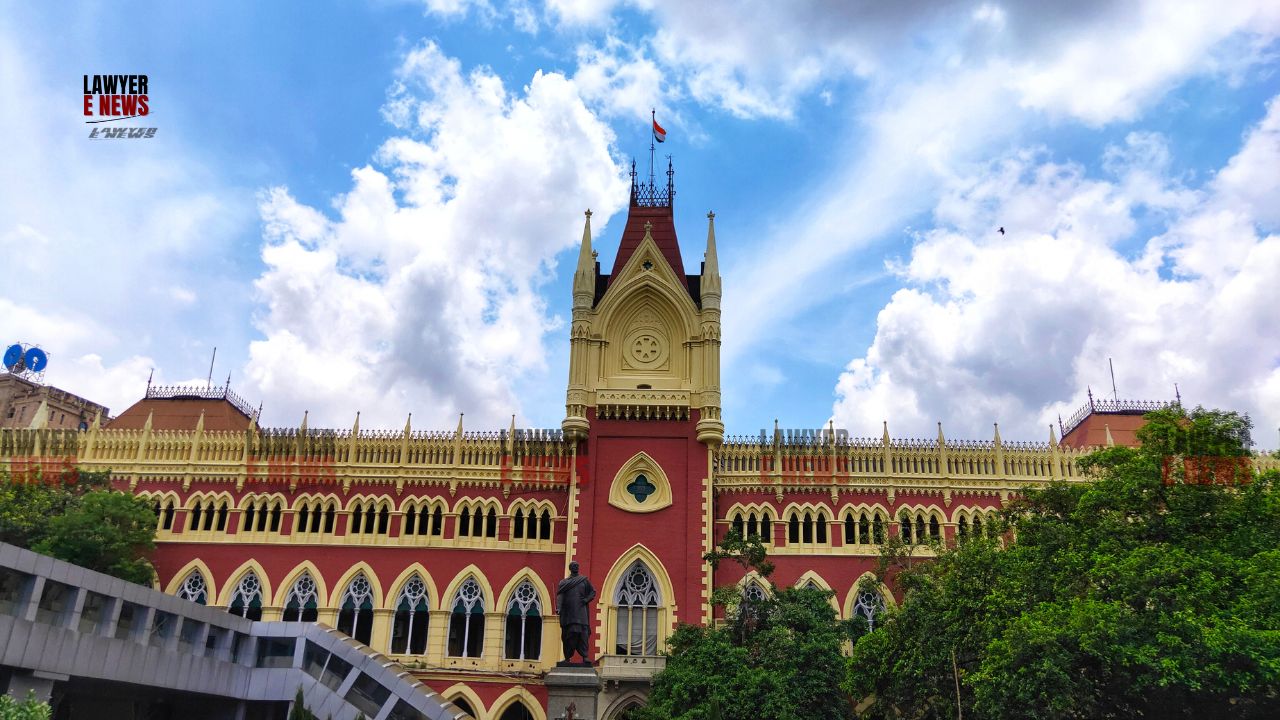-
by Admin
16 February 2026 1:47 PM



Calcutta High Court delivered a pivotal judgment, setting aside the rejection of a probate application by the Burdwan District Court. The Court held that the holograph will executed by Sudhir Chandra Konar in 1986 met the legal criteria for validity and authenticity, dismissing claims of undue influence, coercion, and suspicious circumstances.
Sudhir Chandra Konar, a prominent government pleader in Burdwan, executed a holograph will on December 31, 1986, bequeathing his two-storied house, 4 cottahs of land, and equity shares to his younger son, Dr. Deb Prosanna Konar, while leaving the rest of his properties equally to all his legal heirs. The will was registered in 2001, 14 years after its execution. The probate application, filed in 2002, was contested by the testator's elder son, Dilip Kumar Konar, and his daughter, Chitralekha Ghosh, citing suspicious circumstances, undue influence, and the testator’s alleged unsoundness of mind.
The Burdwan District Court rejected the probate application in 2012, finding the will invalid due to the testator’s alleged senile dementia and suspicious circumstances surrounding its preparation and execution.
The High Court noted that the testator, a seasoned lawyer, had drafted the holograph will himself, which was later registered with the district sub-registrar. The attesting witnesses, including Gouri Shankar Bhattacharya and Amiya Choudhury, testified to witnessing the execution and attestation. The Court emphasized:
“The propounder has proved the will by adducing evidence of two attesting witnesses in accordance with Section 63 of the Indian Succession Act and Section 68 of the Evidence Act, leaving no room for doubt about the authenticity of the document.”
The contesting respondents argued that the will unfairly excluded them from inheriting the testator's prime properties. However, the High Court found the distribution logical and consistent with the testator's intentions. Justice Rajasekhar Mantha remarked:
“The testator’s decision to bequeath the Burdwan house to his younger son, who lived with him and cared for him in his later years, aligns with his stated desire to avoid partitioning the property.”
The Court dismissed allegations of undue influence, pointing out the absence of evidence indicating coercion or fraud.
The respondents claimed that the testator was suffering from senile dementia at the time of executing the will. The High Court found no evidence supporting this claim for the year 1986, stating:
“While the testator may have shown symptoms of dementia by 1995, he was mentally and physically sound in 1986 when the will was executed. His role as a government pleader until 1996 further supports this conclusion.”
The registration of the will in 2001, 14 years post-execution, was cited as a suspicious circumstance. However, the Court held that the registration was valid and carried a presumption of authenticity. Justice Ajay Kumar Gupta noted:
“The mere delay in registration does not affect the validity of the will. The interpolation appointing the executor, signed and confirmed by the testator, also does not raise suspicion.”
The High Court overruled the Burdwan District Court’s decision, granting probate of the will. Justice Mantha observed:
“The appellant has successfully removed all legitimate doubts and proved the will as the true and final testament of the testator. Courts must assess wills with rational scrutiny while respecting the clear intent of the testator.”
The Court directed the probate to be issued within a fortnight, ensuring that the testator's last wishes are honored.
This ruling reinforces the legal principles governing wills, emphasizing the need for courts to balance the removal of suspicions with a respect for the autonomy of testators. It also highlights the procedural rigor required in probate cases to safeguard against unjustified allegations.
Date of Decision: November 22, 2024
